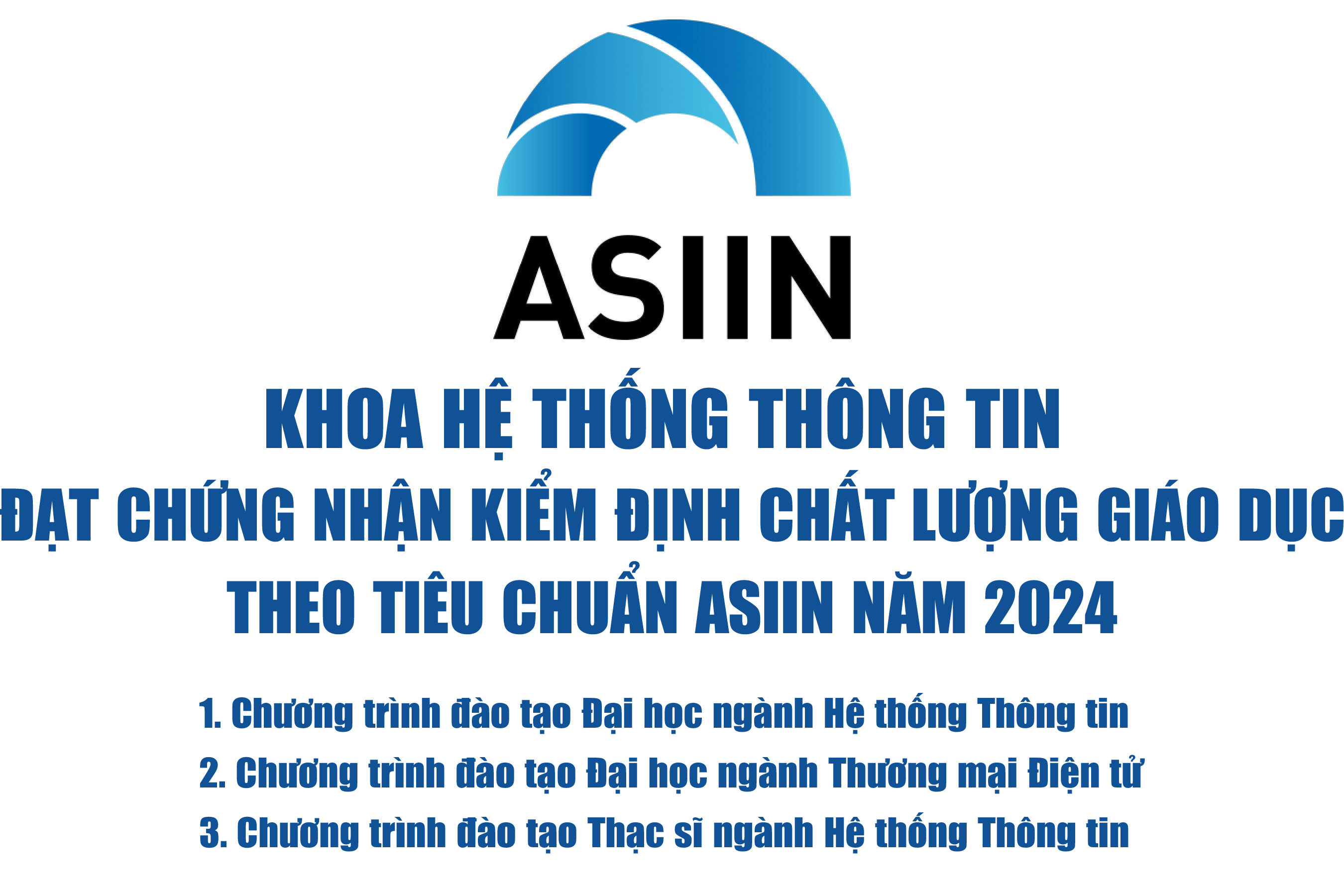The Multi-Disciplinary International Conference on Artificial Intelligence (MIWAI), formerly called The Multi-Disciplinary International Workshop on Artificial Intelligence, is a well-established scientific venue in the field of Artificial Intelligence. MIWAI was established more than 17 years ago with the aim of being a meeting place where excellence in AI research meets the needs for solving dynamic and complex problems in the real world.
MIWAI focuses on multidisciplinary applications of AI in real-world problems such as control, planning and scheduling, pattern recognition, knowledge mining, software applications, and strategy games. The conference provides opportunities for academic researchers, developers, and industrial practitioners to present their work, share experiences, and exchange ideas.
The main purposes of MIWAI are:
- To provide a meeting place for AI researchers and practitioners.
- To inform research students about cutting-edge AI research via the presence of outstanding international invited speakers.
- To raise the standards of practice of AI research by providing researchers and students with feedback from an internationally-renowned program committee.
This year, MIWAI 2025 will be held in Ho Chi Minh City from December 3 – 5, 2025.
Link hội nghị: https://miwai25.miwai.org/
Tên bài báo: “Emotion Analytics: Unveiling the Sentiment Aspect in E-Commerce Review Platforms”
Nhóm sinh viên, học viên thực hiện:
- 20522096, Huỳnh Khả Tú, CTTT2020
- 20521653, Ngô Bá Trọng Nghĩa, CTTT2020
- 220104018, Nguyễn Minh Nhựt, HVCH HTTT 2022.
Giảng viên hướng dẫn: PGS. TS. Nguyễn Đình Thuân
Abstract: Aspect-Based Sentiment Analysis (ABSA) has gained increasing attention due to its wide applicability in domains such as marketing, e-commerce, and social media analytics. However, ABSA research in Vietnamese remains limited, particularly in the context of e-commerce product reviews. This study addresses this gap by proposing two hybrid models that incorporate PhoBERT, a pre-trained language model optimized for Vietnamese, to enhance aspect-level sentiment classification. The first model combines PhoBERT embeddings with a Naive Bayes classifier, achieving strong performance with an accuracy of 94. 54% and an F1 score of 0.95. This approach balances efficiency and interpretability, making it well suited for real-time sentiment analysis in practical applications. In contrast, the second model integrates PhoBERT with a Hidden Markov Model (HMM) to explore sequential sentiment dynamics. Despite its theoretical appeal, this model underperforms, reaching only 32.96% accuracy and exhibiting high inference time and prediction instability. Experiments were conducted on a Vietnamese product review dataset collected from Tiki, a leading e-commerce platform. The findings demonstrate the superiority of the PhoBERT + Naive Bayes model for fine-grained sentiment analysis while highlighting the limitations of probabilistic models like HMM when combined with transformer-based embeddings. This research contributes to the development of ABSA in low-resource languages and emphasizes the potential of hybrid modeling approaches to achieve a trade-off between accuracy, scalability, and interpretability.











